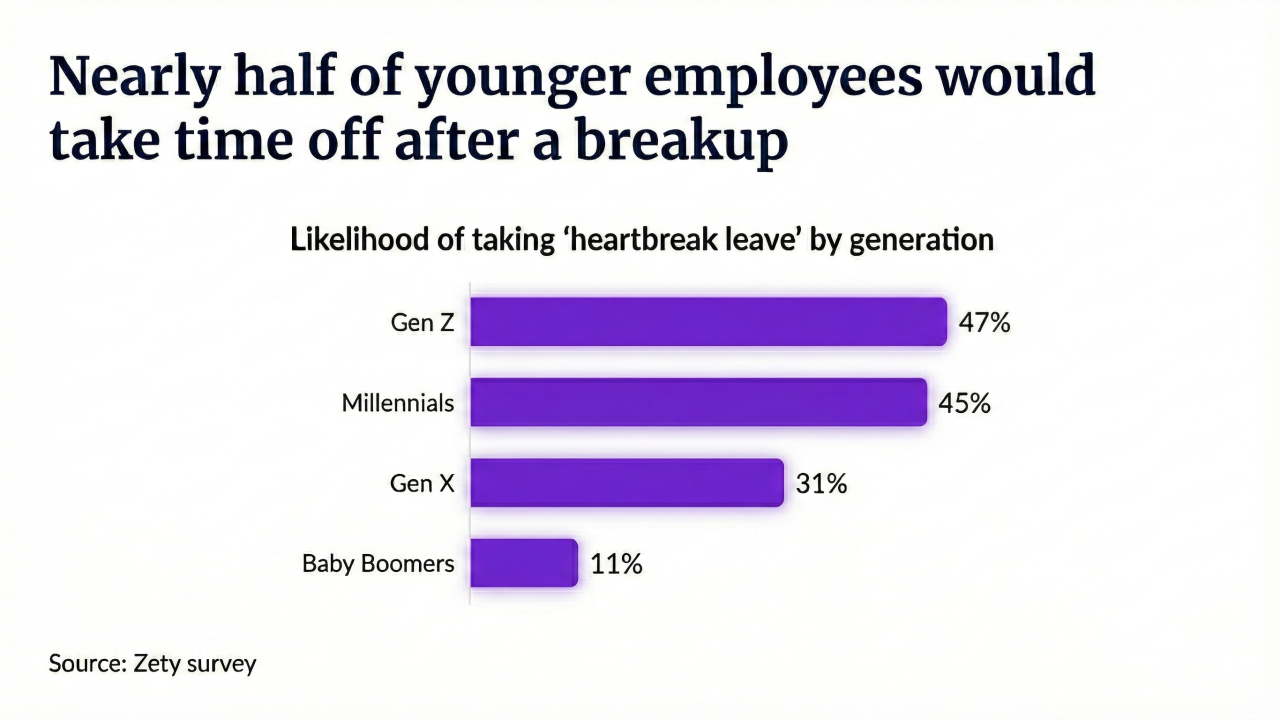This summer has been dominated by two key topics: racial equity and the coronavirus. These social issues have disrupted work, forcing companies to take a hard look at their diversity and inclusion initiatives. But this point in time can also serve as an opportunity for firms to examine the benefits that remote work might have in recruiting a more diverse staff.
“I see nothing but incredible horizons with remote work,” says Moe Vela, an attorney and consultant who serves as a board member for remote-working management company TransparentBusiness. “We are seeing this open up the world — it only naturally will result in a more diverse workforce.”
Issues of diversity are now paramount, as companies look to how they can be more inclusive to a broader population of workers. According to Vela, remote work is an essential tool for opening up the talent pool.
“It’s going to allow you to hire the most talented people from anywhere versus the most talented people within a zip code. It makes your talent pool global,” Vela says. “When you take away the geographic boundaries and you open up the talent pool to the world, you are going to have more cultures, more religions, more sexual orientations, more sexual identities. You're going to have more people of different generations and ages, you're going to have gender diversity.”
Remote work has given employers an opportunity to rethink their business strategies for how to operate successfully in a world shifting away from traditional office space. In addition to money saved on real estate, remote work eliminates commute time and increases flexibility and autonomy for employees — employees are nearly 50% more productive when working from home, according to workplace-monitoring company Prodoscore.
The move to remote work is impacting companies around the world. Danish bank Danske will allow their employees to work remotely a few times a week going forward, and Shopify’s CEO announced via Twitter that “office centricity is dead.” Even tech giants like Twitter and Facebook have announced intentions to shift their workforce to primarily remote.
“Remote work lets us access talent pools outside of traditional tech hubs in big cities,” Facebook CEO Mark Zuckerberg said in a May Facebook post. “That should help spread economic opportunity much more widely around the country and world, while also helping us build a more diverse company.”
However, just because a firm can hire from anywhere does not necessarily ensure diversity, warns Cynthia Chand, an HR generalist at Harvest, a time-management software company. Their firm has been fully remote since their founding in 2006.
“Dropping those [geographic] barriers can lead you to a more diverse workforce, definitely,” Chand says. “But you still have to have diversity inclusion strategies, you have to have these really open and difficult conversations at work and have policies in place.”
As with any major transition, company leadership must be intentional and transparent with how they approach their efforts to build a more inclusive workplace.
“If you’re able to meet people's needs proactively, [you’re letting them know] that you see them, you understand them and you value them.”
At Harvest, everyone with the same title earns the same salary, an example of transparency among their staff. Chand says other benefits, including childcare, inclusive healthcare coverage, and employee assistance programs can create an environment where employees “bring their full selves to work.”
“[With remote work], we've just been able to open up that door for new folks and bring them in,” Chand says. “That's a really positive aspect of remote work — just dropping all of those boundaries and barriers.”






